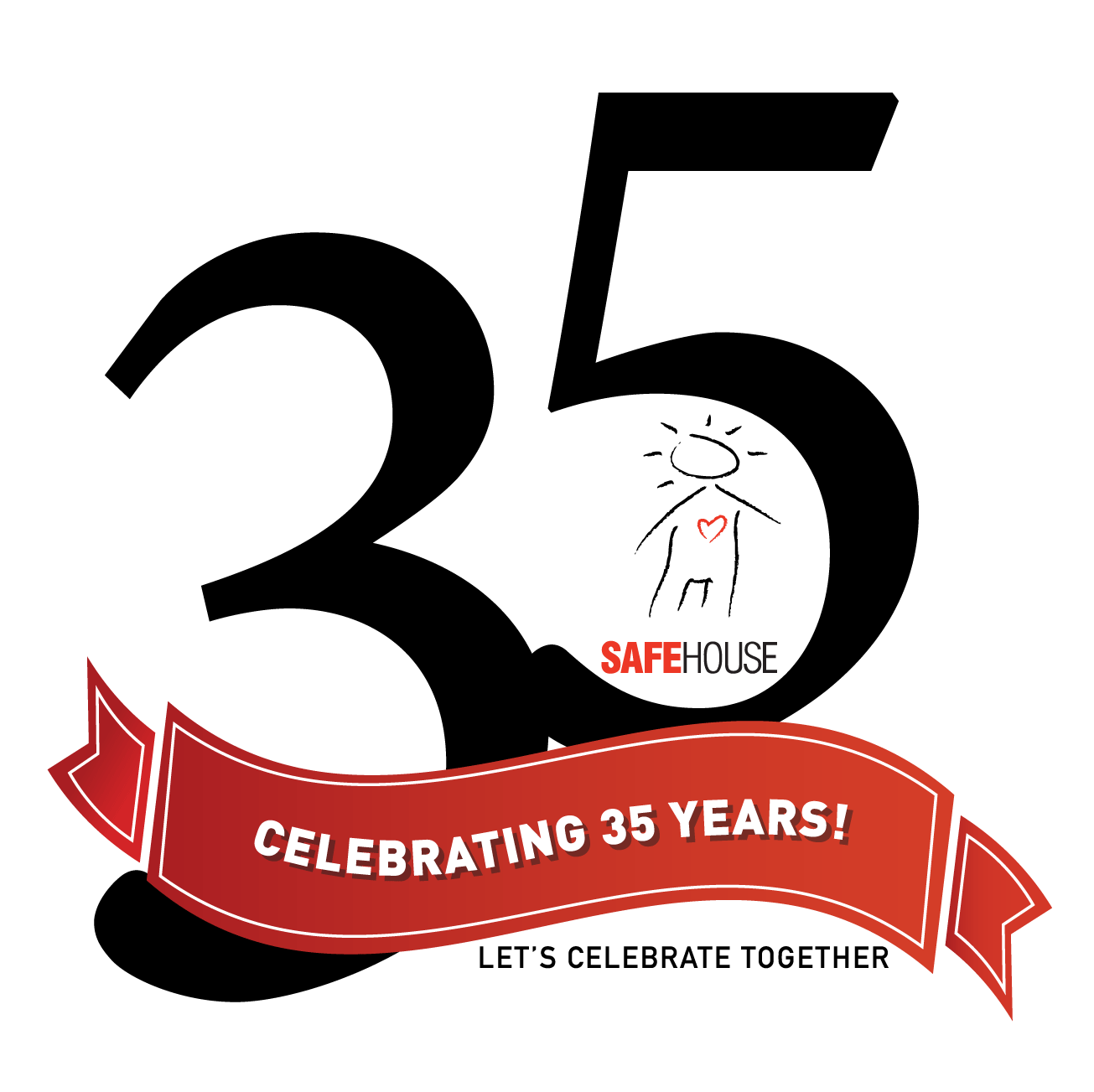The primary program goal is to reduce the duration and impact of depression for TAY (Transitional Age Youth ages 16 – 25) in Riverside County that are the target populations. An additional program goal is to reduce the reoccurrence of depressive episodes for the target population. The program will provide services in culturally appropriate settings, incorporating the needs of the target population. Activities will be situated in de-stigmatizing locations to increase the likelihood of TAY accessing those activities. The setting(s) for service delivery will not be a traditional mental health setting and will assist participants in feeling comfortable seeking services from staff that are knowledgeable and capable of identifying needs and solutions for TAY.
Stress and Your Mood SAYM is an evidence-based early intervention program (EBP) used to treat depression. It is based on the concepts of Cognitive-Behavioral Therapy (CBT). A CBT program contains three phases: conceptualization, skills and application training, and relapse prevention. This program, in line with the concepts of CBT, is low intensity and short in duration. Some family psycho-education regarding depression and family or parent sessions will be included. Consistent with the SAYM model, providers will refer the TAY, as appropriate, for a medication evaluation and work closely with the prescribing psychiatrist to ensure continuity of care if needed.
This early intervention is to be provided by a master’s level or higher clinician. The program consists of weekly individual or group sessions (with a maximum of 8 TAY per group) for 10-20 sessions as prescribed by the Evidence Based Practice.





